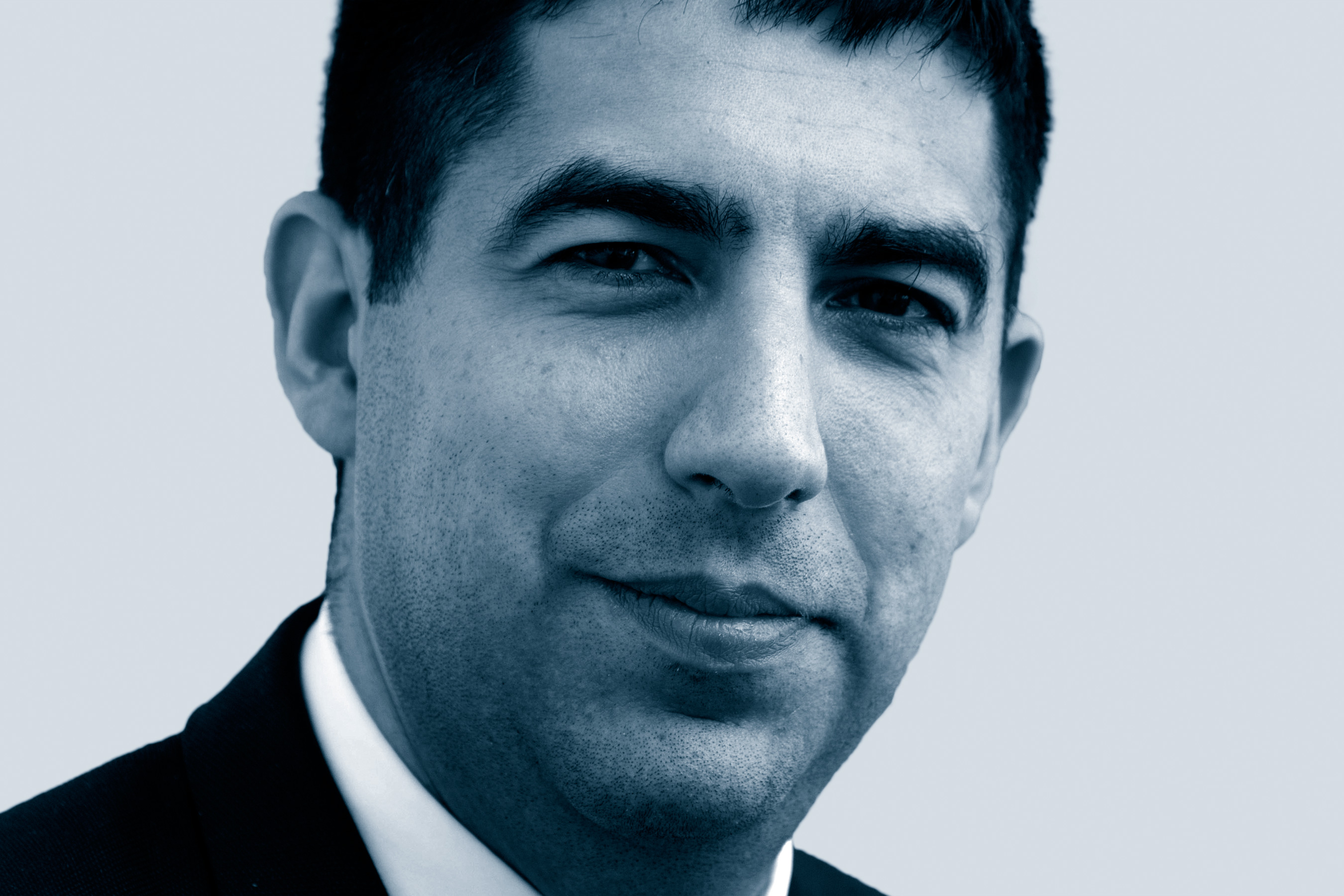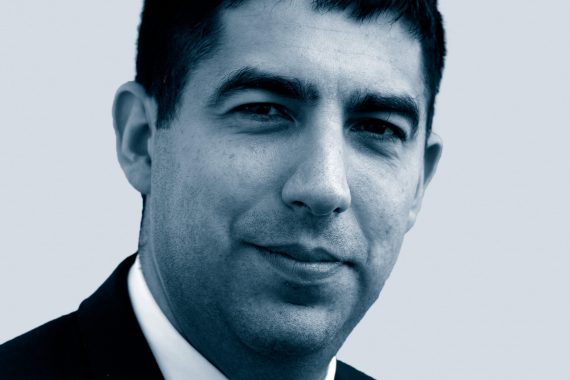
When I mention to white GPs that Pulse is doing an article on race in general practice, almost without fail they recount a tale of a black or minority ethnic colleague who has had patients tell them they want to be seen by the ‘English’ doctor or racially insult them.
This can be a daily occurrence – almost one in 10 BME GPs say it is. As ugly as this is, it is a societal issue; practices can remove patients but there is only so much the profession can do about the ingrained prejudice of the population.
But the problems faced by BME GPs run deeper. While the profession can’t change society, it can look at itself – and the inconvenient truth is that this might reveal a more subtle, but potentially more damaging, form of discrimination. At every stage of their career, BME doctors – even those born in the UK – face tougher hurdles than their white counterparts.
The reasons behind this are complex, and Pulse’s coverage here can only scratch the surface. But one issue many BME GPs have cited is the prevailing notion of ‘good’ general practice, often defined by people in so-called ivory towers.
We can start with more BME GPs at the top levels of regulatory bodies
Good general practice is, we are told, working in bigger groupings; yet BME groups say their members are more likely to be singlehanders.
Good general practice is supposedly about shared decision making with patients – yet BME leaders say they often practise in communities that prefer a ‘doctor knows best’ approach.
Good general practice is, in the CQC’s view at least, judged on caring for older people, those with long-term conditions or poor mental health and other vulnerable groups. But not populations who have English as a second language at best – which can be just as challenging.
Good general practice is, according to critics of the RCGP’s clinical skills assessment, measured by how well you care for well-educated, middle-class, mostly white actors. Yet BME doctors can struggle to get positions in the type of areas where such people live.
Clearly, these are not insurmountable hurdles for BME GPs, but they do exacerbate the differences. There are no easy answers. But there are two actions that, I believe, could bring an improvement.
First, let’s get more BME leaders at the top level of the bodies that set standards and regulate the profession. One GP told me of a ‘middle England insiders’ club’ atmosphere that made her feel she ‘didn’t belong’. This is just not on and no review will work while such situations persist.
The second solution is more radical but could benefit the whole profession: let’s broaden our definition of ‘good’ general practice to take into account the differing needs and expectations of our multicultural – and multifaceted – population.
Let’s acknowledge that sometimes bigger isn’t better, sometimes doctor does know best, and sometimes you don’t need to judge practices on a matrix of 30-odd ratings. Such moves could begin to erode institutional racism and other forms of discrimination, and allow GPs to work in the best interests of their own patients.
But failure to address these disparities will lead to accusations of a whitewash within the ivory towers.
Jaimie Kaffash is editor of Pulse. Follow him on Twitter @jkaffash or email him at [email protected]
Pulse October survey
Take our July 2025 survey to potentially win £1.000 worth of tokens












